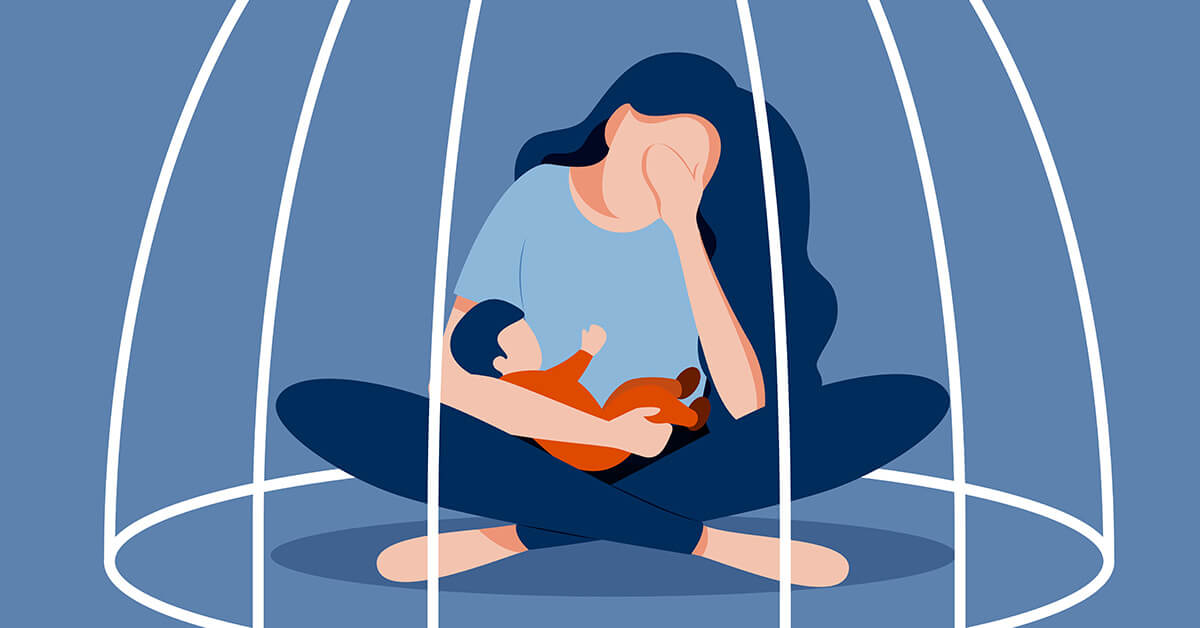Maternal Mental Health and Identity: Finding Yourself in Motherhood
Becoming a mother is often described as one of the most profound and transformative experiences in life. Along with the joy, love, and connection that motherhood can bring, many women also encounter challenges to their sense of self and mental health. The transition into motherhood is not just about caring for a new life, it’s also about reshaping your identity.
The Shifts in Identity After Becoming a Mother
Motherhood changes how women see themselves, and how the world sees them. Suddenly, roles multiply: caregiver, nurturer, partner, professional, friend. What once felt central to identity such as career, hobbies, relationships, may feel pushed aside or overshadowed by the responsibilities of parenting.
This shift can feel destabilizing. Many mothers quietly wonder:
- Who am I now, beyond being a mom?
- What parts of me are still mine?
- How do I balance my needs with my child’s needs?
These are not signs of weakness—they’re a natural part of adjusting to a major life transition.
Maternal Mental Health Challenges
Postpartum depression and anxiety are often talked about, but maternal mental health is much broader. Even outside of diagnosable conditions, mothers may experience:
- Loss of identity – feeling disconnected from who they were before motherhood.
- Isolation – the demands of caregiving can make it harder to maintain friendships and support networks.
- Guilt and self-criticism – struggling with unrealistic expectations of being a “perfect mom.”
- Overwhelm – navigating the constant mental load of parenting.
These feelings are common, yet they often go unspoken because mothers feel pressure to appear as if they’re “holding it all together.”
Reclaiming Identity and Wellbeing
Supporting maternal mental health means honoring the whole person, not just the role of “mother.” Some ways to nurture identity and wellbeing include:
- Naming your experience – talking openly about the emotional shifts of motherhood reduces shame and brings relief.
- Creating space for yourself – even small moments for hobbies, journaling, or rest help reclaim your individuality.
- Leaning on community – connecting with other mothers or supportive friends provides perspective and solidarity.
- Seeking professional support – therapy offers a safe place to explore identity, grief, joy, and everything in between.
You Are More Than One Role
Motherhood is a profound identity, but it does not erase the other parts of you. You are still the person who existed before becoming a parent, and you are allowed to grow into new versions of yourself. Supporting maternal mental health means recognizing that caring for yourself is not separate from caring for your child, it’s deeply connected.
If you’re a mother struggling with identity or emotional wellbeing, know that you’re not alone. Therapy can be a place to reconnect with yourself, process the changes of motherhood, and find balance between who you were, who you are, and who you are becoming.
-Alana



